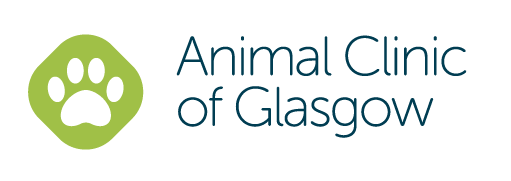Library
-
If they are well looked after, including proper diet and husbandry, bearded dragons are reasonably hardy animals. Common health conditions of pet bearded dragons include CANV, atadenovirus, metabolic bone disease, parasites, infectious stomatitis (mouth rot), and respiratory infections. Any change from normal is cause for concern and should be immediately evaluated by your veterinarian.
-
Bearded dragons are susceptible to several health problems; understanding them will help you prevent them from occurring in your pet and know when to seek veterinary attention. Problems described in this handout include salmonellosis, avascular necrosis, tail rot, abscesses, and dystocia (egg binging).
-
Chameleons may be affected by a variety of medical conditions. A swollen abdomen needs attention by a veterinarian in case of possible egg retention. Swollen joints are most likely an indication of uric acid deposits, a condition called articular gout. Chameleons with poor perching ability and/or abnormal leg angles likely have metabolic bone disease. Swellings of the tissue around the eyes is common and needs proper treatment, possibly surgery, to correct.
-
Turtles may be affected by one of the following diseases: metabolic bone disease (MBD), vitamin A deficiency, respiratory diseases, abscesses, shell infections, shell fractures, and parasites. Improper diet, poor water filtration, and lack of UV light are contributing factors for many aquatic turtle diseases. Seek immediate veterinary care if your aquatic turtle shows any deviation from normal.
-
Turtles may be affected by any of the following conditions: metabolic bone disease (MBD), vitamin A deficiency, respiratory infections, abscesses, shell infections and fractures, and parasites. This article outlines typical signs and treatment for these common conditions. Seek immediate veterinary care if there is any deviation from normal in your pet turtle.
-
Common conditions of pet snakes include infectious stomatitis (mouth rot), parasites, skin infections, respiratory disease, septicemia, and viral diseases such as inclusion body disease (IBD). Signs may be specific for a certain disease or non-specific, such as lack of appetite and lethargy, which can be seen with many diseases. Any deviation from normal is a cause for concern and should be evaluated by your veterinarian as soon as possible. This handout outlines how to know your snake is sick and the treatments for common conditions.
-
Snakes have several unique problems and understanding these problems will allow you to better care for your pet and minimize future health care problems and concerns. This article outlines some of the most common problems.
-
Iguanas are generally a very hardy reptile under that proper conditions. There are a number of common ailments that affect iguanas. Early communication with a reptile veterinarian about changes in your iguana's health status is critical.
-
Iguanas face several health problems that will need veterinary intervention for treatment or resolution. Cystic calculi, dystocia, avascular necrosis and dysecdysis are all common problems that will need medical attention sooner rather than later.
-
A telemedicine visit is typically conducted over telephone, text messaging, chat, email, or videoconference. This may allow a veterinarian to diagnose and treat your pet’s medical condition remotely, without the need for an in-person visit. Your appointment will be conducted by a licensed veterinarian.
